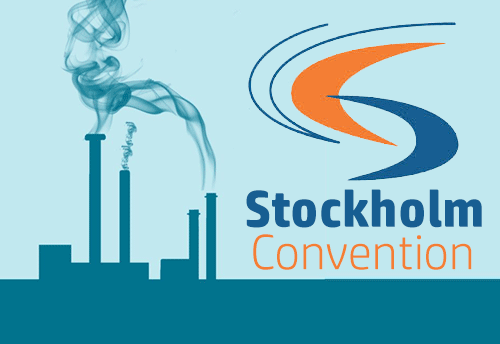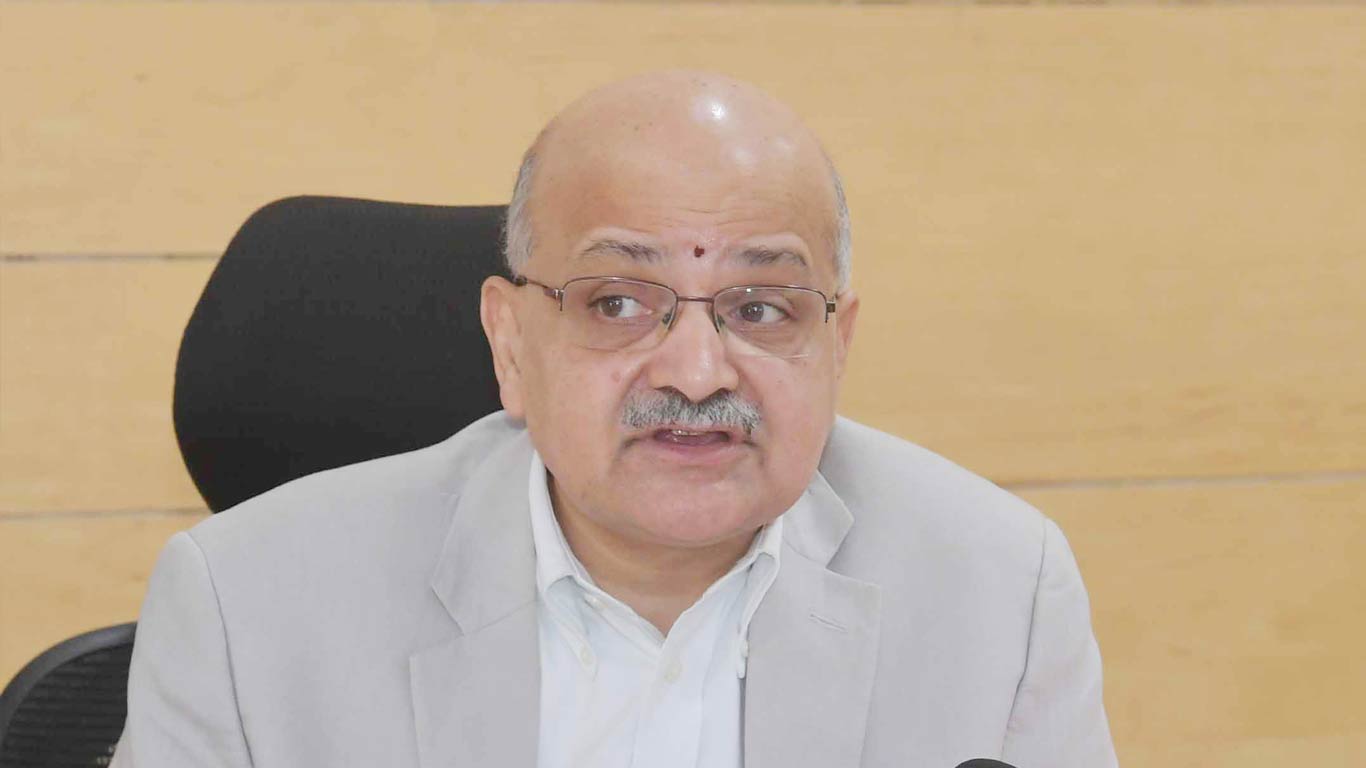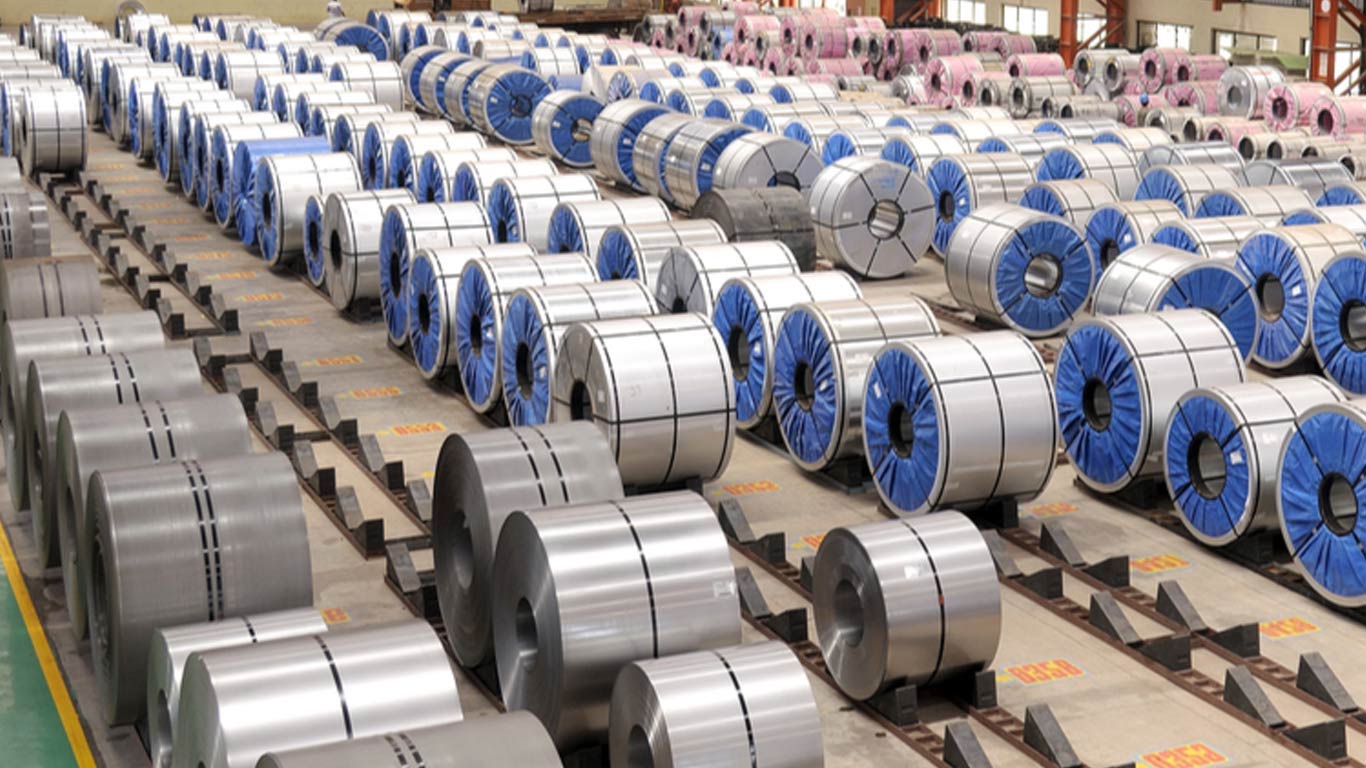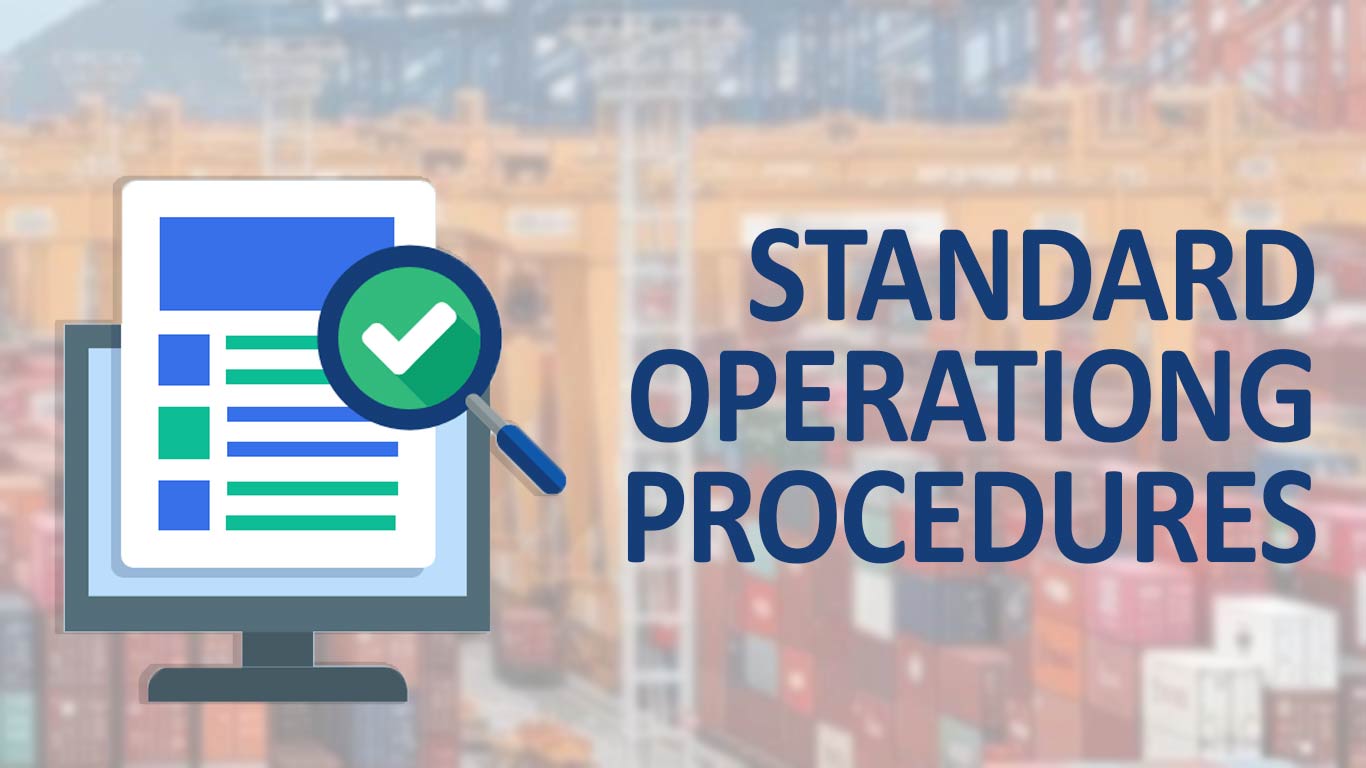MSME Ministry to meet industry to assess possible ratification of 13 PoPs under Stockholm Convention
Updated: Dec 09, 2016 08:39:12am

MSME Ministry to meet industry to assess possible ratification of 13 PoPs under Stockholm Convention
New Delhi, Dec 9 (KNN) The Ministry of Micro, Small and Medium Enterprises (MoMSME) is holding a meeting with the MSME associations on December 14, 2016, for assessment of possible ratification of as many as 13 Persistent Organic Pollutants (PoPs) under Stockholm Convention.
The Ministry of Environment, Forest & Climate Change (MoEF&CC) is in the process for possible ratification of PoPs under the Stockholm Convention.
In this line, the Ministry has initiated assessment of possible ratification of 13 PoPs.
The 13 PoPs are – Chlordecone, Penta chlorobenzene, Technical endosulfan and its related isomers, Polychlorinated naphthalene, Hexachlorobutadine and more.
The government had proposed to hold the meeting in this regard on December 14, 2014, under the Chairmanship of Additional Secretary and DC-MSME, Ministry of MSME, to discuss the issue and take relevant views from the industry representatives.
Some of the associations who have been invited for the meeting include – FISME, Laghu Udyog Bharati, Pesticides Manufacturers & Formulators Association of India.
Stockholm Convention on Persistent Organic Pollutants is an international environmental treaty, signed in 2001 and effective from May 2004, that aims to eliminate or restrict the production and use of POPs.
In 1995, the Governing Council of UNEP had called for global action to be taken on POPs, which it defined as "chemical substances that persist in the environment, bio-accumulate through the food web, and pose a risk of causing adverse effects to human health and the environment".
As of March 2016, there are 180 parties to the Convention including India.
Earlier this year in April, the Union Environment Ministry had banned the manufacture and import of polychlorinated biphenyls (PCBs) and directed complete prohibition on its use in any form by the end of 2025, in a bid to curb pollution.
The government’s decision was in line with the Stockholm Convention, under which signatory countries are to prohibit or take necessary legal and administrative measures to eliminate the production and use of PCBs. India signed it in May 2002. (KNN Bureau)











